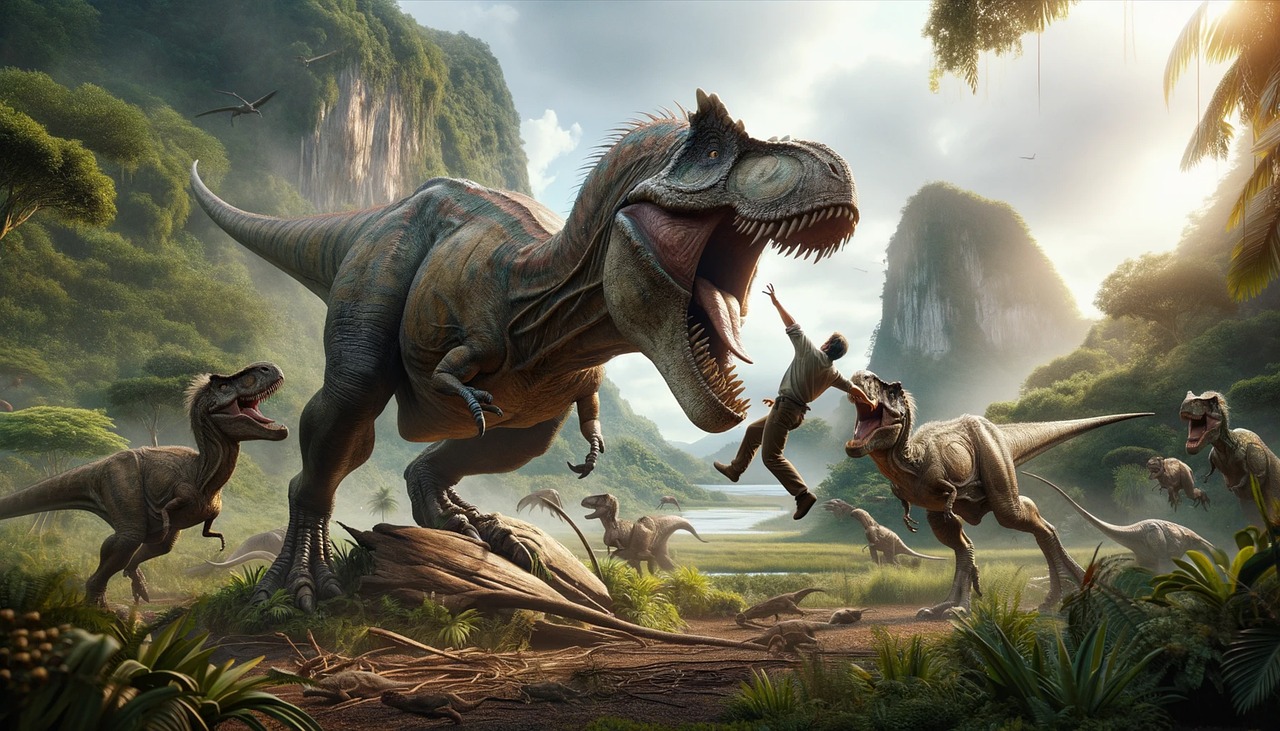by Michael Snyder, End Of The American Dream:

If new discoveries completely disprove old theories, shouldn’t those old theories be discarded? For decades, scientists have been assuring us that many of the fossils that they have been digging up are extremely old. In some cases those fossils are supposed to be tens of millions of years old, and in other cases they are supposed to be hundreds of millions of years old. But in recent years new discoveries have thrown that entire paradigm into question. For example, scientists that examined the fossilized shell of a sea turtle that was discovered in Panama “found something surprising and perhaps impossible”…
TRUTH LIVES on at https://sgtreport.tv/
A team of paleontologists studying the fossilized shell of a sea turtle from the Miocene Epoch found something surprising and perhaps impossible: preserved bone cells that they believe may contain ancient DNA, the molecule that holds the genetic information of living things.
In an ancient turtle shell found on Panama’s Piña Beach, northwest of Panama City, the team identified osteocytes, or bone cells. They then used a type of stain called DAPI to attempt to label the DNA in the fossilized cell structures. Their findings were published last week in the Journal of Vertebrate Paleontology.
The Miocene Epoch was supposedly between 5 and 23 million years ago.
But according to modern science, even under the most optimal conditions DNA would no longer be readable after approximately 1.5 million years…
By comparing the specimens’ ages and degrees of DNA degradation, the researchers calculated that DNA has a half-life of 521 years. That means that after 521 years, half of the bonds between nucleotides in the backbone of a sample would have broken; after another 521 years half of the remaining bonds would have gone; and so on.
The team predicts that even in a bone at an ideal preservation temperature of −5 ºC, effectively every bond would be destroyed after a maximum of 6.8 million years. The DNA would cease to be readable much earlier — perhaps after roughly 1.5 million years, when the remaining strands would be too short to give meaningful information.
So what in the world is going on here?
Scientists have also been discovering soft tissue in fossils that are supposedly extremely ancient, and that includes dinosaur bones. The following comes from the History Channel…
The fossils Maidment is referring to were uncovered in Canada a century ago, and eventually ended up in London’s Natural History Museum. They include a claw from a carnivorous theropod (possibly a Gorgosaurus), a toe bone resembling that of a Triceratops and several limb and ankle bones of a duck-billed dinosaur. In order to find fresh, uncontaminated surfaces of the bones to examine, scientists broke tiny pieces off the fragmented fossils. When Sergio Bertazzo, a materials scientist at Imperial and Maidment’s co-lead researcher on the study, looked at the specimens using an electron microscope, he was shocked at what he saw.
“One morning, I turned on the microscope, increased the magnification, and thought ‘wait—that looks like blood!’” Bertazzo told The Guardian, recounting his examination of the theropod claw. After finding what looked like red blood cells in two of the fossils, the researchers explored the possibility that the blood might be the result of historical contamination; for example, a curator or collector might have had a cut when they handled the specimen. But when they sliced through one of the red blood cells and saw what looked like a nucleus, they felt confident the blood was not human. Red blood cells of humans, like other mammals, are unusual among vertebrates because they lack a cell nucleus.
And that wasn’t all. While examining a cross-section of a fossilized rib bone, the researchers spotted bands of fibers. When tested, the fibers were found to contain the same amino acids that makeup collagen, the main structural protein found in skin and other soft tissues.
This isn’t supposed to happen.
There is no possible way that dinosaur bones that are millions upon millions of years old are supposed to contain soft tissues.
But they do.
In fact, about a decade ago it was being reported that a fossil bed in China that was being hailed as “Jurassic Park” contained the greatest dinosaur soft tissue discoveries ever recorded.
According to the Daily Mail, “nearly-complete skeletons” had been discovered that even included skin and feathers…
Read More @ EndOfTheAmericanDream.com



